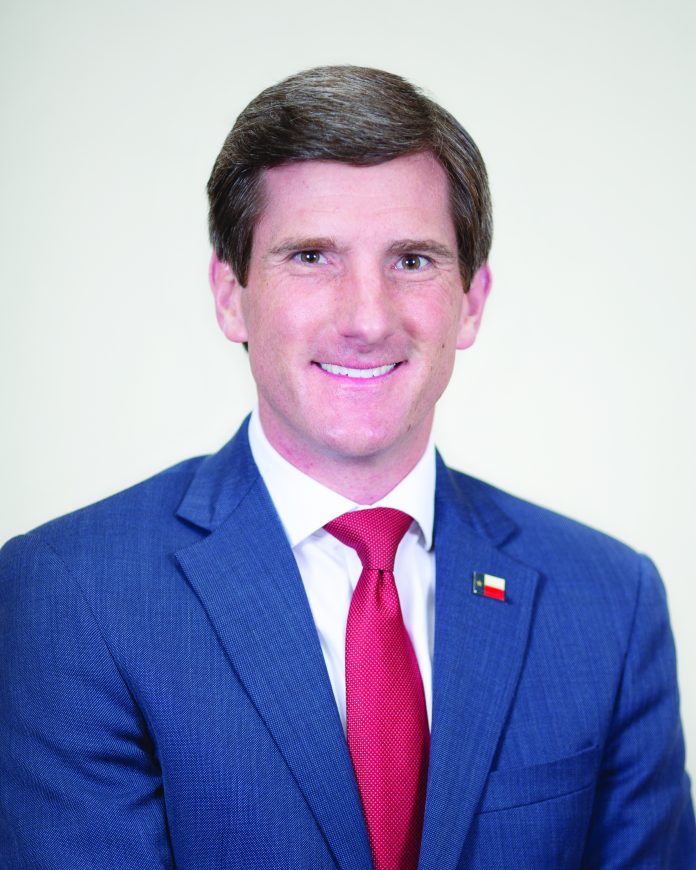By State Rep. Brooks Landgraf
In the Texas Legislature, legislative committees are the heartbeat of the legislative process, ensuring that each piece of legislation is carefully considered and that the voices of Texans are heard.
These committees each focus on a specific area of policy like education, transportation, or energy and are tasked with examining proposed bills in detail. Committee members conduct thorough reviews, debates, and revisions of legislation before it can reach the floor for a broader vote.
One of the most visible functions of these committees is conducting public hearings. These hearings are crucial as they offer a platform for stakeholders, experts, and most importantly constituents, to present their views on proposed legislation. To put it simply, hearings allow the legislative process to be transparent and accessible to the citizens of Texas. This process ensures that each bill is given the attention and scrutiny it deserves during a legislative session.
Committees are not just integral during legislative sessions; their influence extends significantly into the interim periods between sessions too.
During this period, committees receive “interim charges” from the Lieutenant Governor in the Senate and the Speaker of the House in the House of Representatives. These charges are areas of focus that require investigation, research, and preparation for the next legislative session, in other words, homework. Through these charges committees study pressing issues that have emerged since the last session and monitor how newly passed laws are being implemented and whether they are effective. With their findings, committees can then formulate recommendations for new laws or amendments to existing laws in the next session.
As chairman of the House Environmental Regulation Committee, I am tasked with overlooking one of the most important committees in the Texas House, having jurisdiction over matters pertaining to air, land, and water pollution, industrial development, and environmental matters that are regulated by the Department of State Health Services (DSHS) or the Texas Commission on Environmental Quality (TCEQ). I’ve been honored to serve as chairman of this key committee for two sessions, and will continue prioritizing policies that ensure the Texas energy industry can thrive while still protecting our air and water quality, and maintaining a pristine environment for future generations of Texans.
As my committee awaits interim charges from the Speaker in the next few months, we are gearing up for an active schedule of public hearings. With this in mind, later this spring I intend to hold a hearing in West Texas to provide a forum for our community to share their insights and concerns. I’ll be sure to provide more details on this soon.
I look forward to bringing the legislative process to the Permian Basin and I look forward to hearing from you!
God bless Texas!




